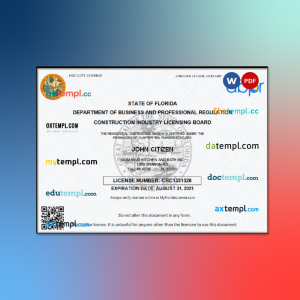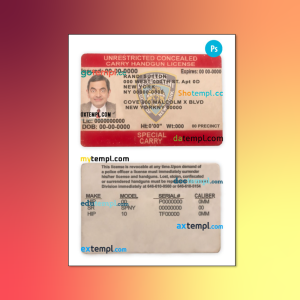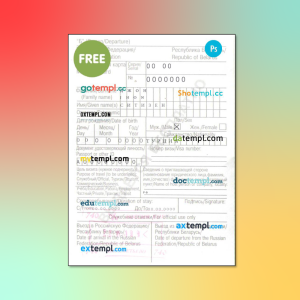In the fast-paced world of finance, understanding the various types of bank transactions is essential for effective money management. From depositing funds to making payments, each transaction type serves a specific purpose, allowing individuals and businesses to navigate their financial endeavours smoothly. Whether you’re a seasoned investor or just starting to explore the world of banking, this comprehensive guide will help demystify the common bank transaction types.
Deposits
The Foundation of Financial Growth Deposits forms the cornerstone of banking activities. Whether it’s a paycheck, a personal savings contribution, or a business revenue influx, depositing funds into your bank account provides a secure and centralized location for your money. It enables you to earn interest, access other banking services, and keep your finances organized.
Withdrawals
Accessing Your Funds When you need to access your money, withdrawals come into play. Whether you visit an ATM, write a check, or utilize online banking platforms, withdrawals allow you to convert your deposited funds into cash or make payments directly.
Transfers
Moving money between accounts transfers facilitates the movement of funds between different bank accounts. Whether you’re transferring money between your checking and savings accounts or sending funds to another individual or organization, transfers ensure seamless financial transactions within and beyond your own banking institution.
Bill payments
Settling financial obligations bill payments allow you to fulfil your financial obligations conveniently. From utility bills to credit card payments, this transaction type enables you to settle recurring or one-time payments through various channels such as online banking, mobile apps, or automated systems. Automating bill payments helps maintain a good credit history and ensures timely payments.

Direct deposits
Swift and Convenient Income Direct deposits offer a hassle-free way to receive payments electronically. Whether it’s your salary, government benefits, or pension, this transaction type allows funds to be deposited directly into your bank account without the need for physical checks. It eliminates the inconvenience of manual deposits, enhances security, and provides faster access to your funds.
Wire transfers
Swift International Transactions For global transactions, wire transfers are the go-to option. This method allows you to send money securely to individuals or businesses in different countries. Though wire transfers may incur fees, they offer speed, reliability, and a traceable record of the transaction.
Online and mobile payments
Embracing Digital Convenience With the rise of digital technology, online and mobile payments have gained immense popularity. Utilizing secure platforms and mobile apps, you can make payments for goods and services with just a few taps on your smartphone. From e-commerce purchases to peer-to-peer transfers, this transaction type provides convenience and flexibility.
Automatic deductions
Streamlining Recurring Expenses Automatic deductions, also known as recurring payments, allow you to authorize regular payments from your bank account. This transaction type simplifies the payment process for subscriptions, memberships, loans, and insurance premiums. It ensures timely payments and eliminates the risk of missed due dates.
download examples: click
Understanding these various bank transaction types empowers individuals and businesses to manage their finances effectively. By leveraging the appropriate transaction types, you can streamline your financial activities, ensure timely payments, and optimize your money management strategies. With the ever-evolving landscape of banking, staying informed about emerging transaction types will help you stay ahead in the world of finance.













